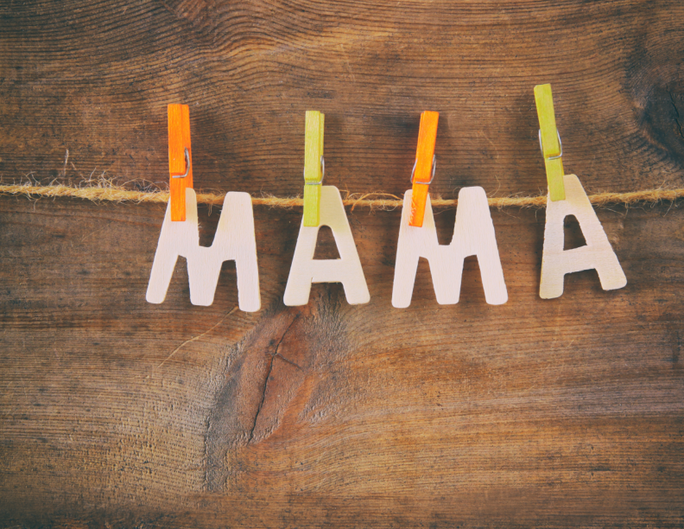I remember when Jay said “mama”, for the first time. He was around 15 months. After that moment, I felt that Jay’s speech was silenced. He was quiet, primarily observing the world around him. The response that became obvious for me to understand was his frustration and anger. He would cry when he felt something was wrong, within a situation or an environment, unable to communicate in words what it was that was ailing him. For me, most times, the frustration would seem misplaced. So, it appeared that he would cry over the smallest of reasons. Toys and familiar things became his sanctuary. It quieted him, giving me peace of mind because he seemed happy. Toys with faces and building structures were his favorite; he would study them: the forms and the images seemed to captivate him. Kids would play around him; he never minded their presence but, he would never engage with them.
It was not until about the age of two years old when his words soon found him again. One of the therapists in the birth to three programs had informed me that my son was not speaking in sentences, but she caught him reading words on toys. In disbelief, I scoffed at the idea. Because my son had never said a word, I thought, how can he read? I was a single parent who worked all the time; I barely found time to pick up a book to read to him. It was not until the day when he pulled me into the kitchen and pointed to the top of the fridge, and he said con tri duch, what? I motioned out of the kitchen; despite my redirection, he began to throw a tantrum because I did not understand him. Pulling me back to the kitchen, he screamed the words clear this time Country Dutch pointing again at the top of the fridge; my eyes followed the direction of his point. I realize that he was asking for the bread.
Nearly losing my breath in amazement, unable to believe that he spoke and read. That moment gave me a sense of hope in a time when I felt uncertain. No, his words did not come out in sentences, but the fact that he could read meant that he would soon be able to. I later found out about Jay’s hyperlexic ability to read, write and spell long words by age three. My mother embraced his ability to do so by buying him an Encyclopedia, which he would spend a large amount of time reading the words and remembering the definitions. Reflecting on this account, I have learned to be thankful for the small victories that happen in my son’s life.




